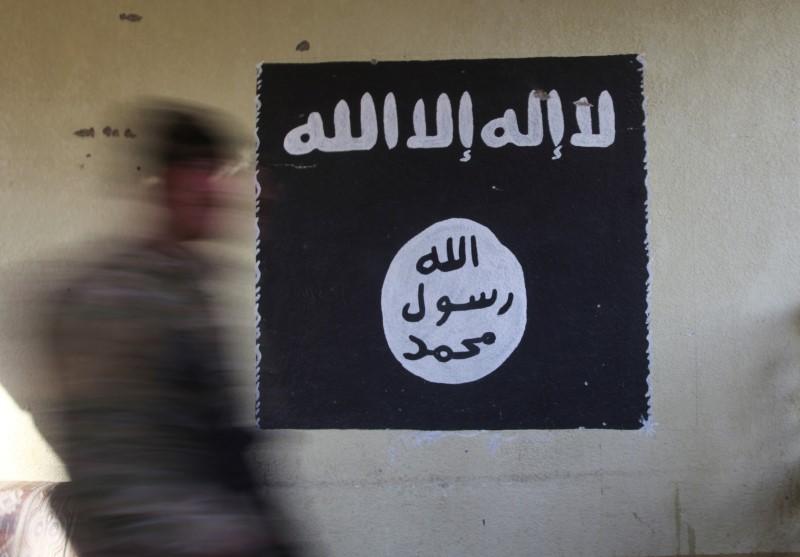A U.S. military report released this week suggests the ISIS terrorist group will operate in the Middle East “indefinitely,” describing the group now as a “low-level” terrorist threat about seven years after the organization took over swaths of Syria and Iraq in the backdrop of the Syrian Civil War.
ISIS was ousted from its strongholds in Syria and Iraq about two years ago, but, according to a Department of Defense quarterly report (pdf), the group still attempts to exploit weaknesses in the region.





